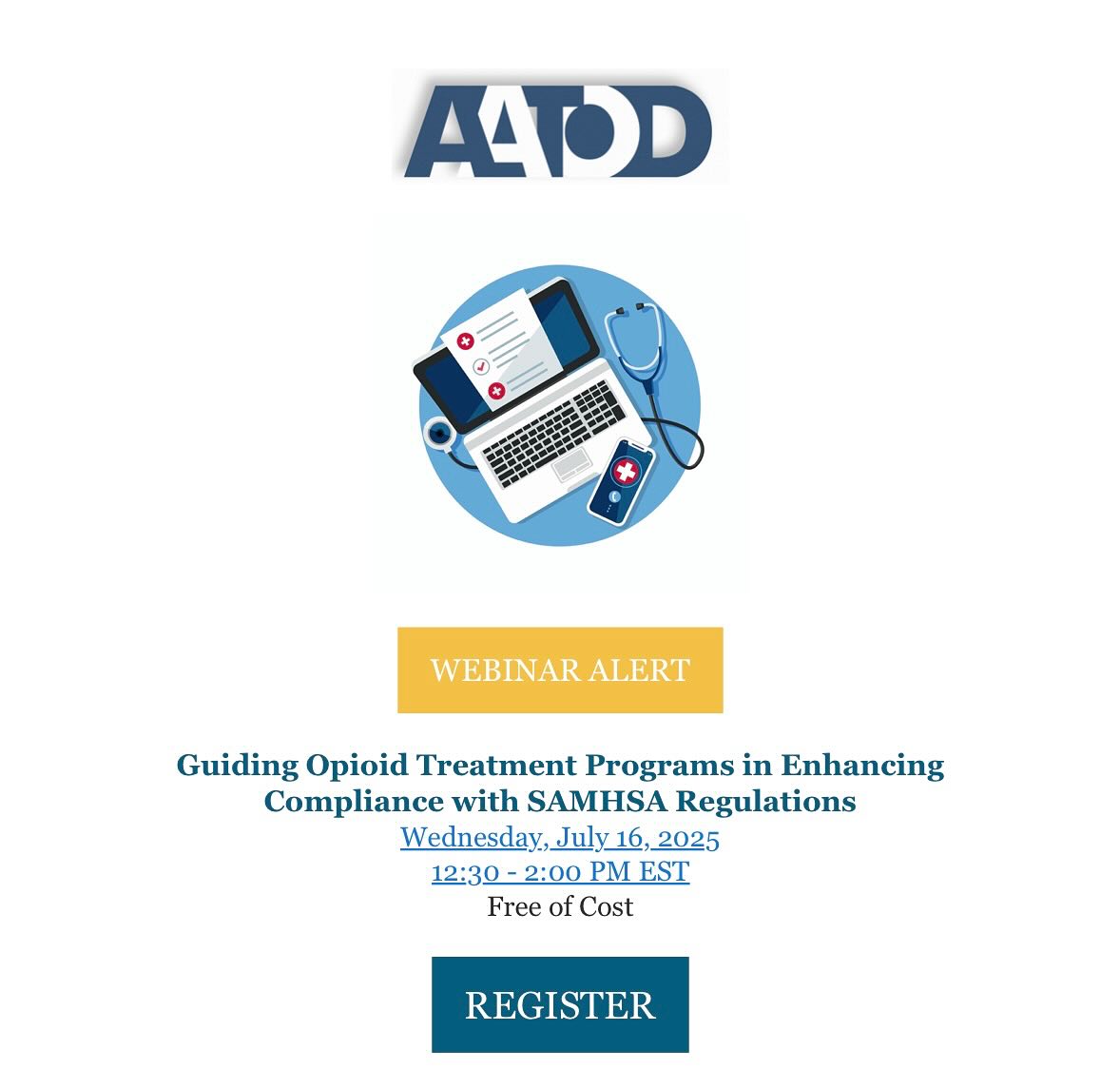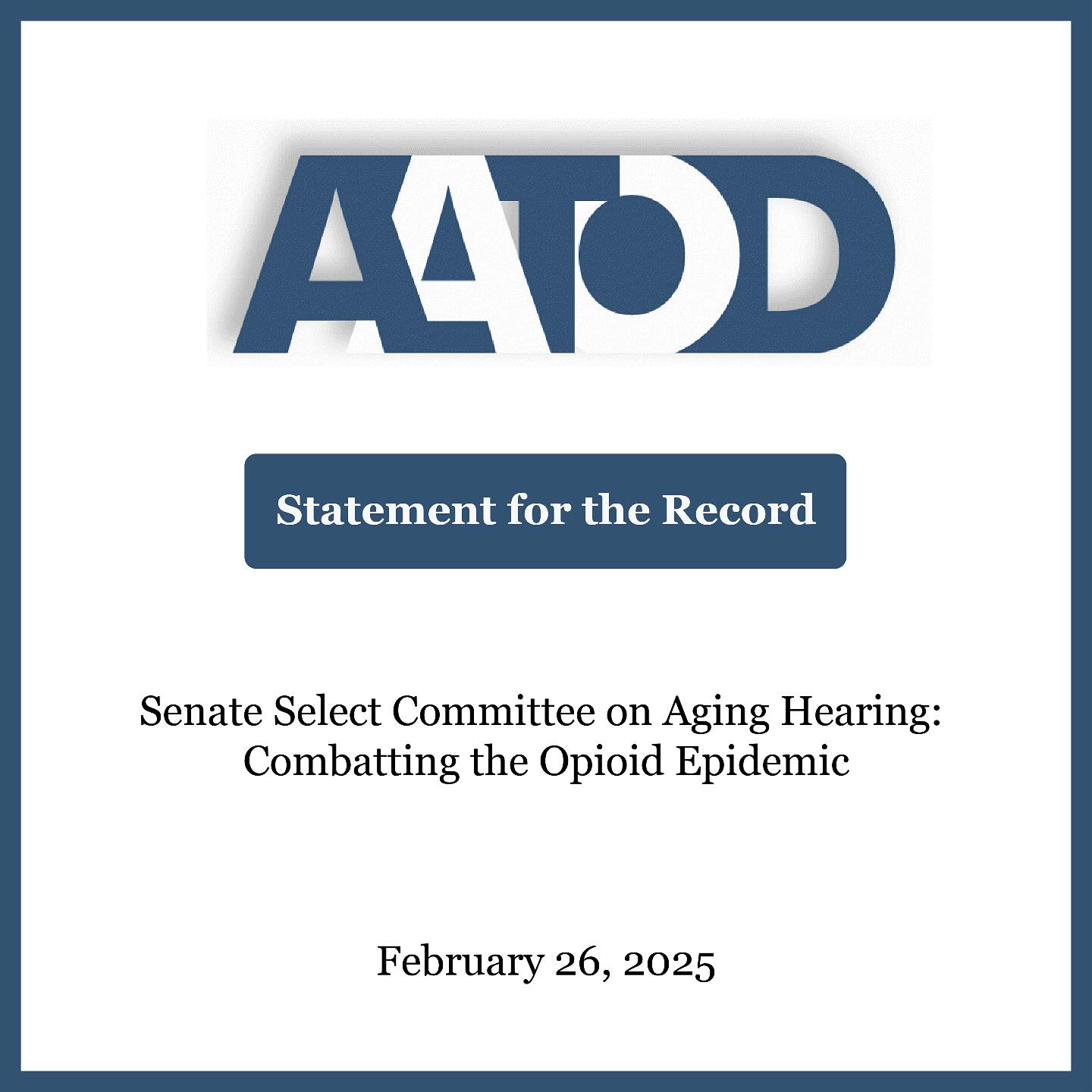Blog # 2
Written by Mark W. Parrino, MPA – AATOD President
October 22, 2013
We are in the final stages of conference planning and many of AATOD’s leading initiatives will be discussed during the course of this five day conference. Most of our associates have been following the announcements of this conference over the course of the summer. We will feature topics on Health Care reform and increasing access to Medication Assisted Treatment in the criminal justice system. I talked about these matters in my first blog.
There have been an increasing number of challenges to our system over the course of the past several years, and such efforts are intensifying. We continue to read stories about the difficulty of siting OTPs in many cities throughout the country based on negative perception and long standing stigma. Fortunately, many of our provider associates are challenging such long held perceptions and are setting legal precedent in several cities that are clearly using discriminatory tactics and preventing the siting of much needed OTPs. Our treatment system has also expanded significantly over the past ten years and a greater number of patients are entering treatment.
I have worked with our provider associates and state agencies in the US during the course of my career to increase access to care wherever it is needed. I have also participated in many fierce public meetings where people challenge our treatment of patients and our use of medications to treat chronic opioid addiction. The basic premise remains as true today as it did almost 50 years ago, as methadone was being used as a maintenance agent for the first time in Rockefeller University. Patients should be able to remain in treatment as long as they benefit from the use of such medications. This point has been made repeatedly throughout the literature and evidence-based clinical practices.
It is the responsibility of each and every OTP in the United States to educate members of the surrounding community, whether such individuals include local merchants, drug courts, police departments, or any group that the OTP needs to work with on behalf of preserving the care for our patients.
We also believe that patient advocates are critical to these educational efforts and to work in conjunction with treatment providers and other entities at the county or state level who wish to promote the treatment for chronic opioid dependence.
In one sense, OTPs have a curious advantage in needing to be compliant with balanced federal and state regulatory requirements so that patients receive a range of treatment services in addition to medication.
I hope to see many of our provider associates at our conference in Philadelphia so that they can benefit from the training opportunities and the policy information which are essential to guide the future strategic development of our system of care. We can never be complacent in working with community groups in any part of the country. As always, we welcome any comments you may have about these perspectives.































